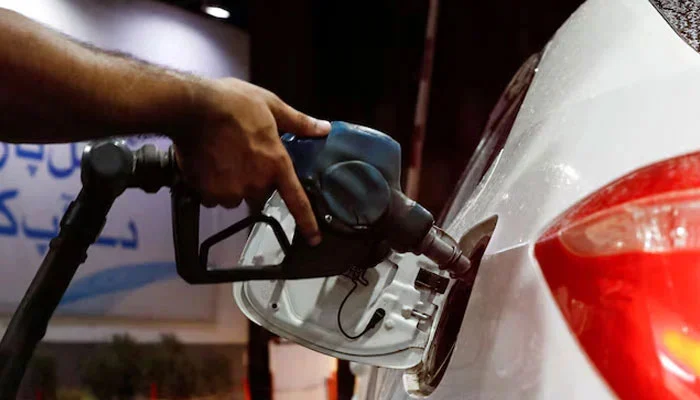Despite years of consuming billions of rupees in deemed duty, local oil refineries have failed to provide better fuel to the public, instead becoming a financial burden on consumers. Now, the government has further increased the Inland Freight Equalisation Margin (IFEM) on high-speed diesel by over Rs1.50 per liter, yielding to pressure from oil refineries and oil marketing companies (OMCs). This decision is set to impose an additional burden of approximately Rs34 billion on consumers over the next year.
For more than two decades, local oil refineries have collected a 7.5% deemed duty within petroleum product prices from consumers. This duty was intended to facilitate the upgrading of their plants and the production of petroleum products meeting international standards, particularly diesel with lower sulfur content – a significant contributor to cancer and other diseases. However, the outcome has been disappointing. Billions of rupees have been collected, yet the refineries have failed to modernise their systems or offer cleaner fuels. In fact, none of Pakistan’s roughly half a dozen local refineries can currently produce Euro-V compliant fuel, the global standard for reducing vehicle-related air pollution.
This failure has had severe consequences. Air pollution in Pakistan, especially in major urban centers like Lahore, Karachi, Faisalabad, Multan, and Rawalpindi, has drastically worsened. Substandard fuel is a key factor contributing to smog. The toxic emissions from high-sulfur diesel and low-grade petrol are damaging both the environment and public health.
Meanwhile, oil marketing companies and fuel dealers are also extracting substantial profits. With a margin of Rs16.51 per liter on both petrol and diesel, they continue to profit significantly at the expense of the average citizen. According to official Ogra sources, Pakistan consumes approximately 832 million liters of petrol and 670 million liters of diesel monthly, meaning even small margin increases have a considerable financial impact on the general population.
Sources within the Petroleum Division and Ogra confirm that the Economic Coordination Committee (ECC) has approved the inland freight margin hike, primarily to settle outstanding payments owed to OMCs and refineries since the government reduced GST on petroleum products to zero. There is also a proposal to increase the inland freight margin on petrol, which could lead to further increases in fuel prices and household expenses.
Furthermore, Ogra sources indicate that the ECC has now set the maximum petroleum levy limit at Rs90 per liter. Currently, consumers are already paying Rs78.02 per liter on petrol and Rs77.01 per liter on diesel solely as petroleum levy.
Despite the billions collected through deemed duty, local refineries have done little more than enrich themselves with consumer funds. Their failure to modernise has directly contributed to worsening environmental pollution and increasing health concerns. Now, as the government once again bows to industry pressure, the cost is being passed on to the public – who continue to suffer both financially and physically due to substandard fuel and rising prices.



